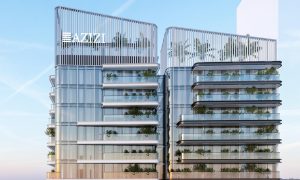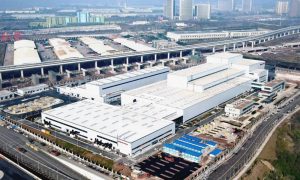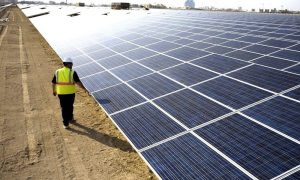Working together to tackle climate change
While governments take most of the responsibility to drive sustainability, it has become increasingly clear that private entities need to take a proactive role in preparing for and responding to the impacts of climate change.
Abu Dhabi’s Al Reyadah carbon capture, use and storage (CCUS) project is a brilliant example of how working together can drive sustainable solutions. The joint partnership combines Abu Dhabi National Oil Company’s experience in the oil and gas sector with Masdar’s knowhow in clean technology to deliver a commercially viable CCUS system. The programme captures and isolates industrial carbon and enhances oil recovery.
In our cover interview this issue, Ahmed Al Muhairbi, Secretary General of the Dubai Supreme Council of Energy, highlights Dubai’s achievements in forging global partnerships to establish its position as a gateway for regional and global green trade and investments.
It is estimated that carbon reduction initiatives, including renewable energy generation, smart grid and green buildings, will spur Dubai government spending and private investment of over $10bn in the near future.
The highlight of last month was the ultra-low levelised cost of electricity (LCOE) agreed for the phase II of Dubai’s 1GW Mohammed bin Rashid Al Maktoum Solar Park. At 5.84869 US cents/KWh, this would be the lowest ever recorded cost for solar power globally. Subsequently, Dubai Electricity and Water Authority (DEWA) announced that it is doubling the capacity of the plant from 100MW to 200MW, making it one of the world’s biggest IPP projects in the renewable energy market.

























